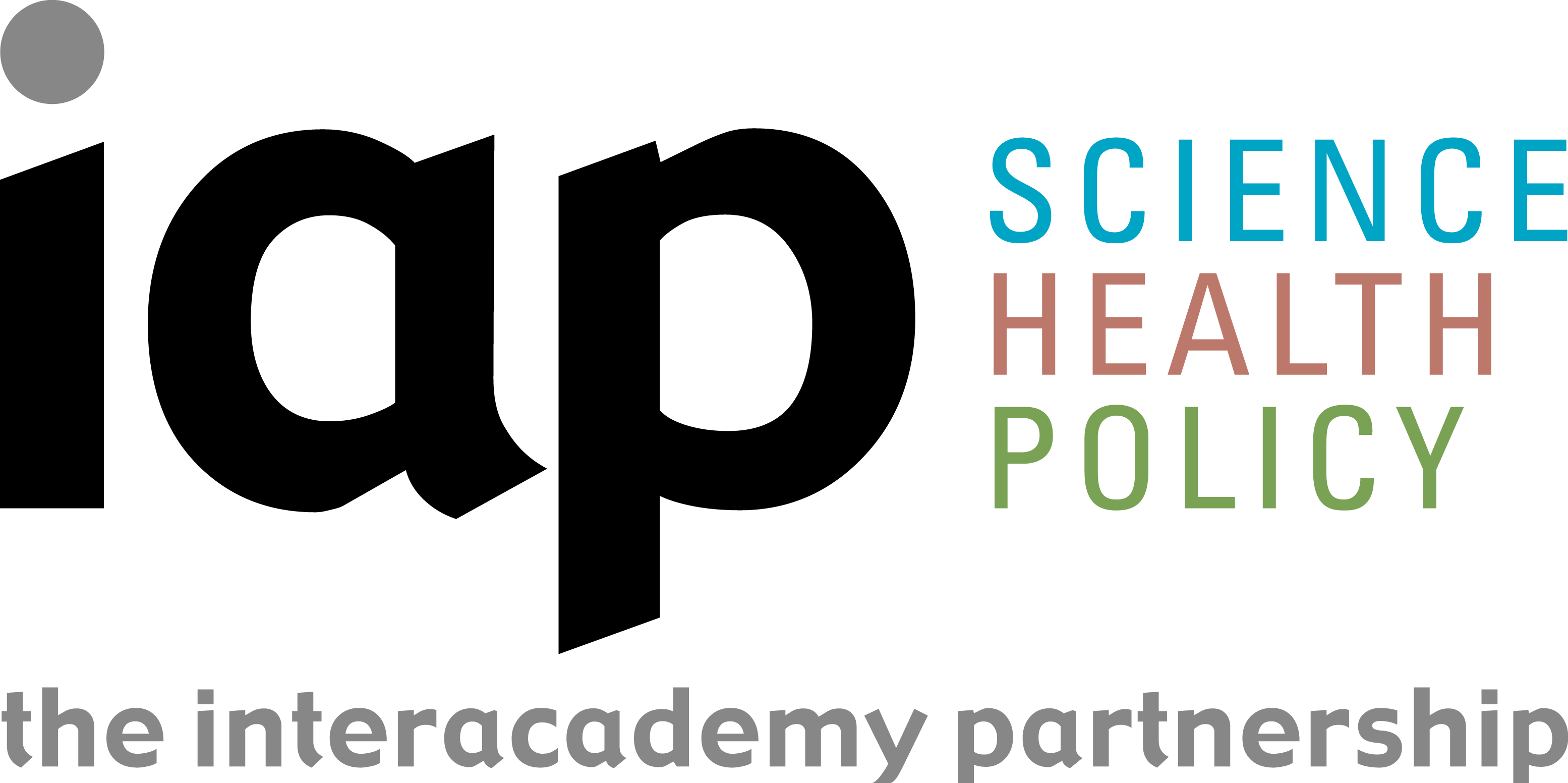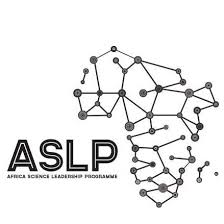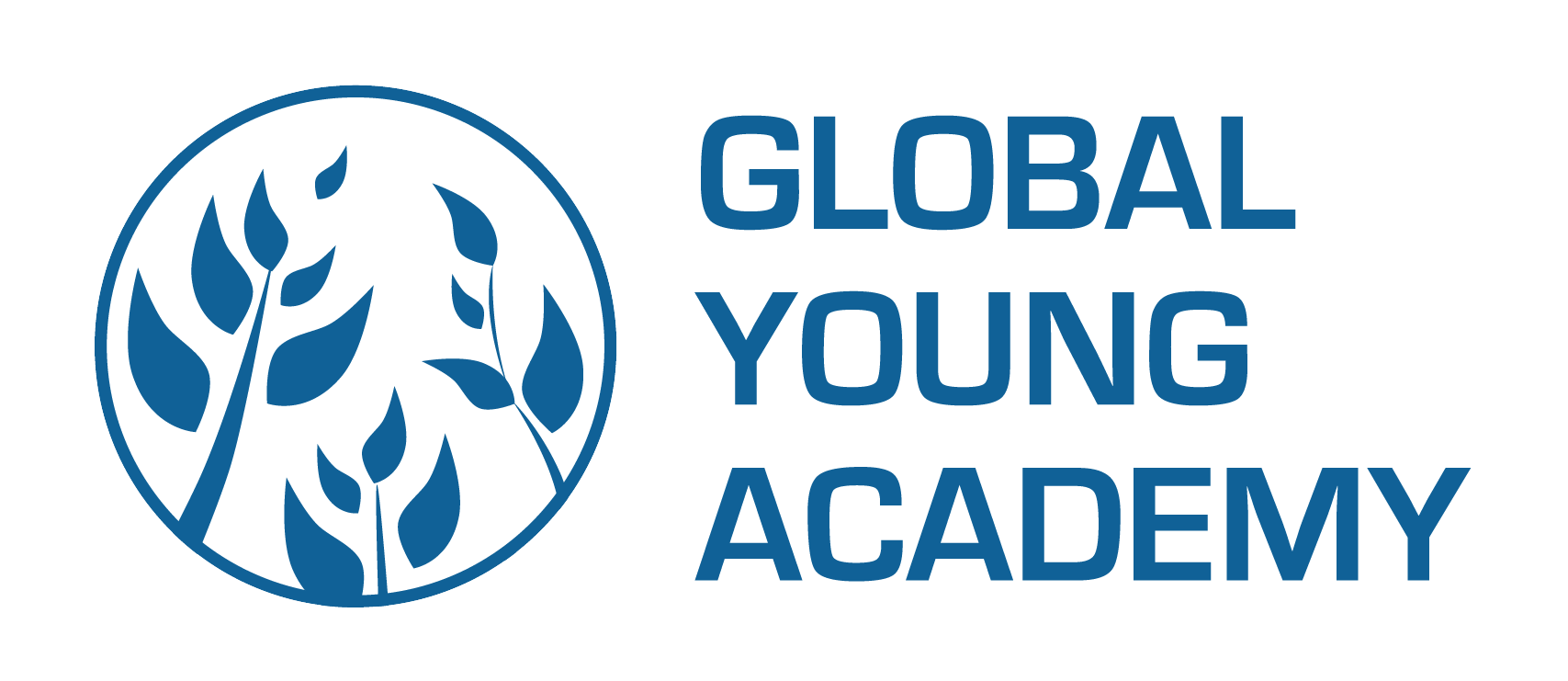|
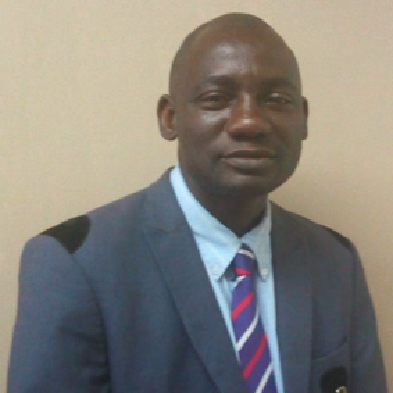
|
Fellow: Abidemi Akindele
Home Institution: University of Lagos, Nigeria
Host Organization: Network of African Science Academies (NASAC), Kenya
Project Title: Generating a Policy Brief on the NASAC Report “Opportunities and Challenges for Research on Food and Nutrition Security and Agriculture in Africa”
Project Description:
The NASAC report “Opportunities and Challenges for Research on Food and Nutrition Security and Agriculture in Africa” is a 72-page document majorly comprising of 12 sections. The main thrust of the initiative/document, facilitated by IAP and NASAC, is to intellectually drive increased food and nutrition security and identify promising research agendas for the science communities and investment opportunities for science policy as concerns Africa. Food and nutrition security are essential for sustenance of human life and sound health, which are essential for the attainment of desired economic growth and development. Scientists have an essential role to play in driving food and nutrition security, and agriculture advancement in Africa, through their research and research outputs, and engagement with the society at large. Science has the potential to find sustainable solutions to challenges facing the global and national food systems. The policy brief generated will be a useful communication and engagement tool with relevant stakeholders and policymakers towards finding sustainable solutions to challenges facing the global and national food systems in Africa relating to health, nutrition, agriculture, climate change, ecology and human behavior.
|
|
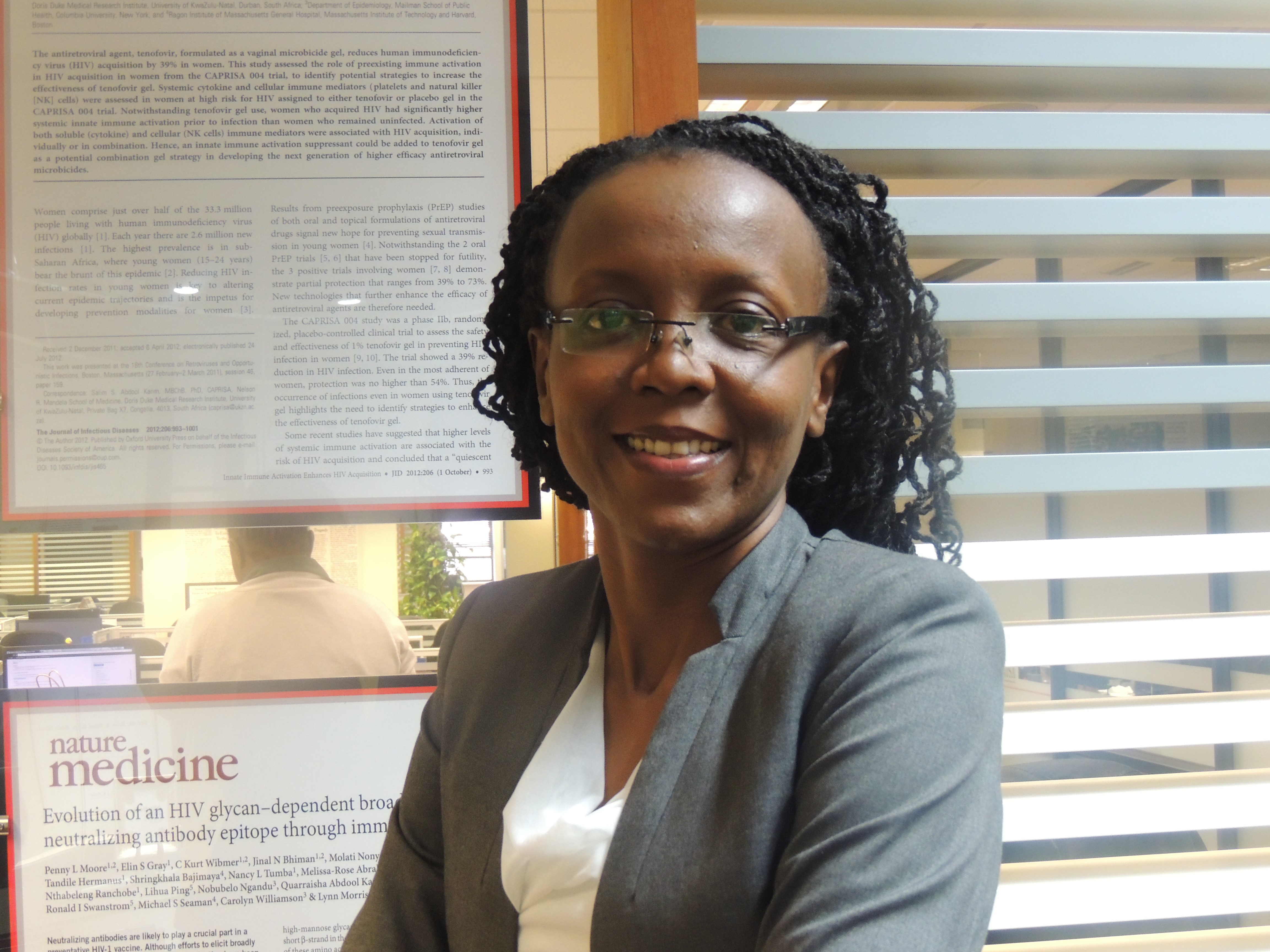
|
Fellow: Barbara Burmen
Home Institution: University of Cape Town, South Africa
Host Organization: Eunice Kennedy Shriver National Institute of Child Health and Human Development (NICHD), USA
Project Title: How does US NIH-funded research on HIV-exposed uninfected children inform policy and/or change policy?
Project Description:
As the HIV epidemic has evolved, biological infant exposure to both HIV and antiretroviral drugs (ARVs) has become increasingly heterogenous. Furthermore, we are now in an era where even HIV-unexposed infants may also be exposed to ARVs because women at high risk of HIV-acquisition and of child-bearing age now being offered pre-exposure prophylaxis (PrEP). With a need to advance the scientific understanding and mechanistic pathways related to antenatal and peripartum HIV and ARV exposure, clarity and consensus around how these exposures are defined and measured will be critical.
To understand how NIH-funded scientific research is used to inform policy and/or change policy, I will examine the funding reports for different allocations and how HEU-related research projects are described in these funding reports.
Outputs from this fellowship will include a report developed in collaboration with NICHD on outcomes of different search strategies for HIV-exposed uninfected child outcomes. This report will be made available to the NICHD to inform their work and potentially to the Data Evaluation for the CIPHER Preparation for HIV Exposed Uninfected Child Cohort Collaboration (DECIPHER) project team, which includes representatives from 11 HIV cohort networks around the world. Additionally, these project findings will be presented at the Global Seminar Around HEU or other relevant meetings.
|
|
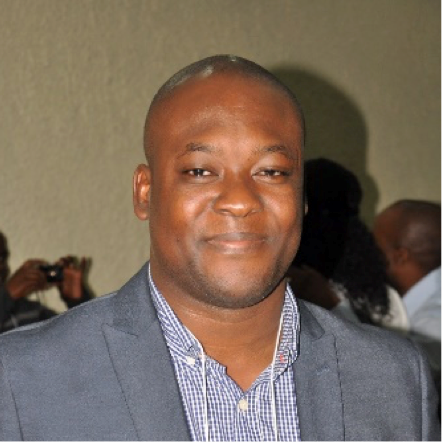
|
Fellow: David Dodoo-Arhin
Home Institution: University of Ghana, Legon-Accra, Ghana
Host Organization: International Science Council (ISC)/International Network for Government Science Advice (INGSA), South Africa
Project Title: The Role of Scientific Knowledge in Policymaking: Scientists/Researchers and Policymakers Perspectives
Project Description:
This pilot project, which is being carried out in collaboration with the International Network for Government Science Advice (INGSA) and the International Science Council Regional office for Africa (ISC-ROA), seeks to sample the views of scientists and policy/decision makers in South Africa on the role of scientific knowledge in policymaking. The use of qualitative and quantitative survey techniques (questionnaires, interviews, etc.) will be useful in making statistical inferences and comprehending the perspectives of policy practitioners (politicians) and scientists/researchers on the use of scientific knowledge and evidence in policymaking processes in Africa, with particular focus on South Africa. The results of this survey are expected to provide important information for better comprehension on the issue of government science advice systems currently in place, identify the gaps and explore the avenues to bridge these gaps and strengthen the network of government science advice in Africa. It is expected that this case study will be expanded to cover other regions of the African continent.
|
|

|
Fellow: Abiodun Adeyemi Egbetokun
Home Institution: National Centre for Technology Management (NACETEM), Nigeria
Host Organization: Centre for Science, Technology and Innovation Indicators (CeSTII), South Africa
Project Title: Connecting Research to Policy in Africa: An exploratory exercise on South Africa and Nigeria
Project Description:
Academics typically wish that their research formed a basis for policymaking, but facilitating research demand and uptake on the policy side is not easy. In fact, weak demand for scientific evidence by the policy and political community is one of the biggest obstacles to evidence-based policymaking in Africa. A major problem is the lack of sufficient capacity and skills for science communication and policy advice. Dealing with this problem requires an understanding of the barriers to effective pathways to policy, and of new approaches for engaging policymakers. This project will lay the groundwork for continued work towards achieving this understanding. Existing empirical and policy work on measuring innovation concentrates on firms that are already innovative; but it is equally important to understand what kinds of firms tend to abandon innovation efforts, and why. Therefore, comparative evidence from South Africa and Nigeria will be generated on firm-level innovation abandonment. Diffusing the result of this research to policymakers can then form the basis for engaging with STI policy makers and researchers, to understand how such new research could be used to shape the approach of policymakers, and influence the design of contextually appropriate policy instruments.
|
|

|
Fellow: Fridah Kanana Erastus
Home Institution: Kenyatta University, Kenya
Host Organization: Ifakara Health Institute (IHI), Tanzania
Project Title: Evaluation of the Current Scientific Policy Engagement Process at the Ifakara Health Institute, Tanzania
Project Description:
The Government of Tanzania has a National Research and Development Policy whose general objective is:
“to provide guidance to researchers in the public and private sector, policy and decision makers, as well as development partners in addressing present and future national research challenges for socioeconomic development.”
Ifakara Health institute (henceforth IHI), is a private research organization recognized in National Research and Development Policy of Tanzania. IHI conducts scientific research that has direct bearing on the development agenda of the country and in areas that have direct benefits to the national economic growth, societal and human welfare. Some of the IHI’s areas of focus include: malaria research, tuberculosis, maternal newborn, child and adolescent health, non-communicable diseases, HIV/AIDS and health systems strengthening.
My project at the IHI will focus on the evaluation of the internal processes; from research to policy formulation and implementation. I am particularly interested in understanding how researchers communicate their research findings to stakeholders, how in turn their empirical evidence is used in policy formulation, the uptake of the policies by the implementing authorities such as the Ministry of Health, the decision-making political organs of the Government, and the communities where these researchers do their work.
|
|
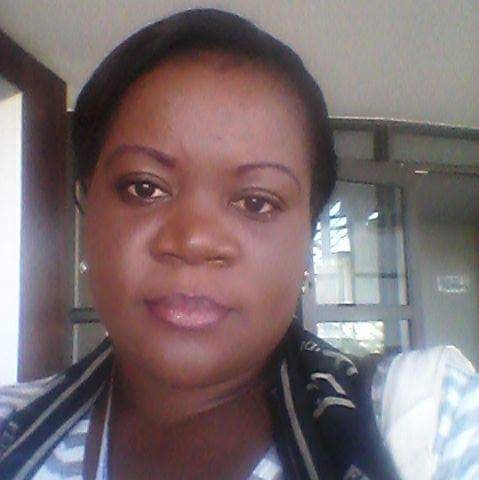
|
Fellow: Pierrette Mekongo Essama
Home Institution: University of Yaounde 2, Cameroon
Host Organization: Network of African Science Academies (NASAC), Kenya
Project Title: Design of Science Policy Tools for Policymakers
Project Description:
This fellowship shall consist of contributing to the design and drafting of a policymaker booklet, including the design of related tools and procedures to track, among others, usability and appreciation of science policy processes by policymakers. These may be extended to other end-users such as industry and local communities. The fellowship will also help the host organisation, NASAC, in strengthening its outreach towards French Speaking partners.
|
|
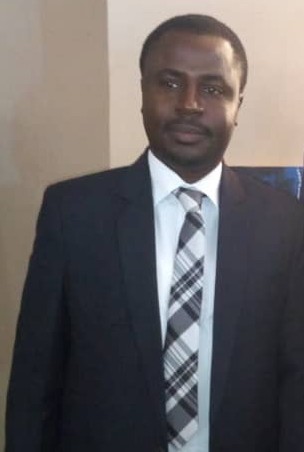
|
Fellow: Etinosa Igbinosa
Home Institution: University of Benin, Nigeria
Host Organization: Nigerian Academy of Sciences (NAS) (with INGSA-Africa), Nigeria
Project Title: The Science Advisory Landscape in Africa: A consensus study
Project Description:
The African Chapter of the International Network for Government Science Advice (INGSA), in collaboration with the Nigerian Academy of Science (NAS), has commissioned a committee of experts from across Africa, to conduct a regional consensus study focused on analyzing scientific advice to governments in Africa and the role and opportunities for African science academies. Specifically, the consensus study will examine science advice in Africa and identify unique challenges in the African context; describe the structures for science advice in Africa and stakeholders’ attitudes to science, scientists and science advice in Africa; determine the extent to which African science academies have been able to serve in an advisory role in their respective countries and regions; highlight the successes that have been recorded and the lessons learnt; identify other structures that could also play a role in science advice to governments; as well as recommend strategies for strengthening the advisory role of African science academies. The findings of the committee will be detailed in a study report.
|
|

|
Fellow: Deusdedith Ishengoma
Home Institution: National Institute for Medical Research, Tanzania
Host Organization: National Malaria Control Programme, Tanzania
Project Title: Developing Skills and Knowledge to Translate Research Findings into Policy for Malaria Control and Elimination in Tanzania
Project Description:
Overall Goals: To develop skills and obtain training to transition from basic and operational research to the translation of research findings into policy for malaria control and elimination in Tanzania. The specific goals for acquiring training and mentoring is to obtain professional development and career broadening opportunities to integrate scientific evidence with operational decision-making and policy around malaria elimination in Tanzania.
Approach: The proposed fellowship will include two phases, in the first phase, I will review the World Health Organization’s (WHO) process for formulating different polices related to malaria. This will involve a literature review of different documents available in public domain. Depending on the need, additional documents may be obtained from different sources. I will specifically assess how different bodies, including the WHO Malaria Policy Advisory Committee (MPAC), Evidence Review Groups (ERGs) and Technical Expert Groups (TEGs), consider scientific evidence and make recommendations for policy changes or implementation. The results of this phase will help me to attain the knowledge required for understanding how policy is made, in the process of translating evidence into policy for malaria control and elimination at the global level.
The knowledge and skills to be acquired from the first phase will be utilized to support the Tanzania National Malaria Control Programme (NMCP)’s ongoing malaria elimination strategies. I will work with NMCP to undertake a landscape review of ongoing activities and identify gaps, which needs to be prioritized to develop appropriate policies that will allow Tanzania to attain its malaria elimination goals. Through working with NMCP, I will review their strategic plan and assess its goals towards malaria elimination in order to identify specific areas that need policy interventions.
Outcome: Together with NMCP, we will identify research priorities for NMCP in order to support the evaluation and optimization of the current malaria elimination strategies. We will also work together to prepare a policy recommendation in one area that needs urgent intervention for accelerating malaria elimination activities. Currently, we have provisionally agreed to work on a policy brief on “engaging multiple stakeholders in malaria elimination in Tanzania.”
|
|
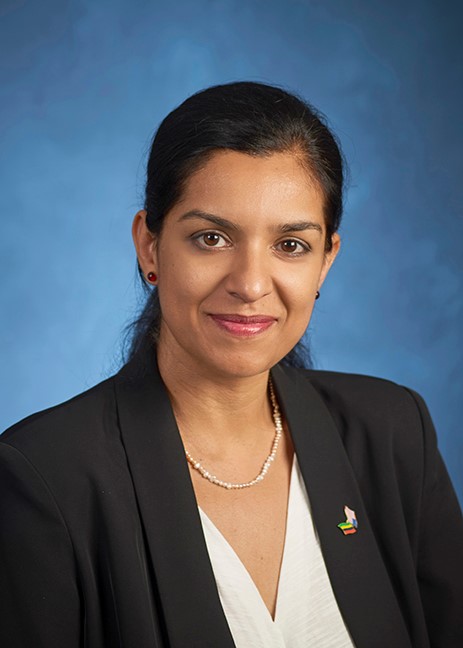
|
Fellow: Shaheen Motala-Timol
Home Institution: Tertiary Education Commission, Mauritius
Host Organization: African Institute for Mathematical Sciences (AIMS), Rwanda
Project Title: Quality Assurance in Higher Education in Africa: Towards Development of Policies and Processes that Promote Harmonization of the Quality Standards at Different AIMS Centers
Project Description:
On the basis of my experience assessing diverse quality assurance frameworks in place in different countries, I intend to work at AIMS Rwanda to learn about the mechanisms they have implemented to ensure harmonization of quality standards across the different AIMS centers in Africa. In a first part of the project, I intend to assess the present institutional policies regarding curriculum development at AIMS Rwanda focusing on academic credit system, contextualization and standards. In a second part, given that AIMS has centers in different countries in Africa, I hope to learn how quality standards are maintained across centers and what policies are in place to promote harmonization of higher education programmes, in the different regulatory contexts. Finally, I hope to work with AIMS Rwanda to identify institutional policy gaps, and ultimately, beyond this fellowship, to formulate evidence-informed advice for policy and process development.
|
|
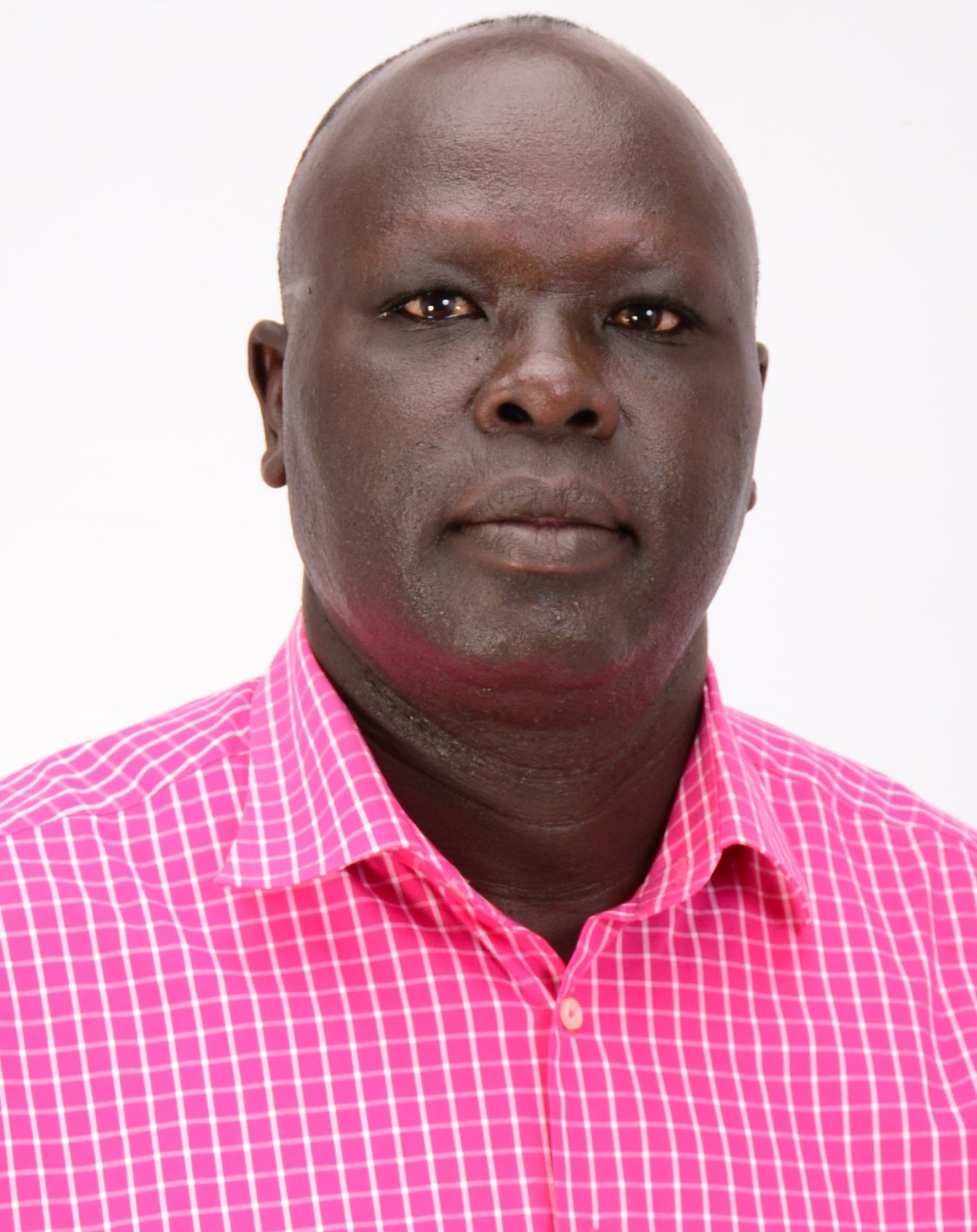
|
Fellow: Daniel Murgor
Home Institution: University of Eldoret, Kenya
Host Organization: Academy of Science of South Africa (ASSAf), South Africa
Project Title: Development of a Model that Describes the South African Landscape of Sustainable Development Goal 6 (Water and Sanitation)
Project Description:
At the Academy of Sciences South Africa (AASAf), I will initiate and operationalize a work package to identify the role and contribution of the various stakeholders and role-players linked either directly or indirectly with SDG 6, and to understand their connections with SDG 6 as well as with other SDG goals.
This will help the Academy understand where the roadmap works well and similarly point out gaps where they exist. According to the Department of Science and Technology and ASSAf Annual Multi-Stakeholder report of 2018 and inherent discussions, it became clear to the Academy that while a multitude of stakeholders and active players were connected to any one SDG, there was a concerning lack of awareness or collaboration between entities and their individual efforts, hence the need to undertake this study.
The project will involve a desktop-based scoping exercise to identify stakeholders and active role players related to SDG 6 (water and sanitation), followed by telephone interviews to gather more data including getting to know other stakeholders not directly related to the SDG 6 and links with those stakeholders. The information obtained shall be collated and a database of entities developed, with key contact persons and contact details.
Upon finalization of the information of the desktop review, a workshop will be held to convene the stakeholders that were contacted, and others identified. The purpose of the event will be to present the findings of the desktop review and invite further input.
The preceding tasks will provide the information to construct a map of an SDG landscape and a structured database of stakeholders and role-players. A final report shall be presented to the Academy detailing activities and what needs to be done going forward.
|
|
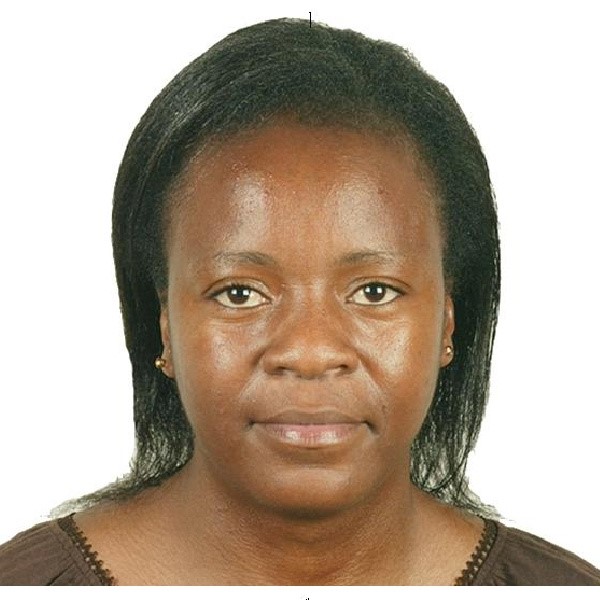
|
Fellow: Patience Mutopo
Home Institution: Chinhoyi University of Technology, Zimbabwe
Host Organization: Partnership for African Social and Governance Research (PASGR), Kenya
Project Title: The Nexus between Theoretical and Practical Policy Application Processes in Natural Resource Governance in Zimbabwe
Project Description:
This project sought to understand the policymaking arena in Zimbabwe, particularly in gender issues since there are a myriad of factors that affect men and women in natural resource governance. Different causal factors are influenced by different cultural, social and religious spheres. This knowledge is critical in developing policy language that can be used to craft policy briefs and policy statements, and can influence positive social change for the people in Zimbabwe. This fellowship project was precipitated by my need to move towards applied policy-related research that is relevant to the needs of the communities and that can also be used by the policymakers to create and write policies that bring about improved livelihoods of the communities.
Since the policymaking process is a cyclic process, in theory, it will be important for me to understand how public policymaking issues are handled by governments, in practice. I will learn how public policy problems are identified, how issues that are pertinent are put on the government policymaking agenda, how the policy alternatives are crafted, and about policy execution, monitoring, and evaluation. A problem that I have noticed perennially in my research work is that sound policies on social justice issues or natural resources governance might exist in a country, but there are limitations in the policy implementation dimension. It is important to understand how the political systems functions and the impact of a bureaucrats`s potential lack of training in the changing, challenging, and complex policy world. This understanding will help frame programmes and projects that aim to change the situation holistically with an understanding of how the political and policy systems of different countries work. It will also be crucial to note that public policymaking and public administration exist as twin concepts, so understanding how complex government systems deal with this on issues of natural resources governance will be key in a rapidly changing geo-political space in Africa.
|
|
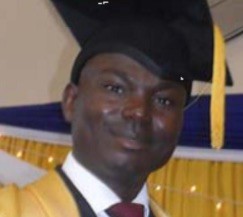
|
Fellow: Emmanuel E. O. Odjadjare
Home Institution: Benson Idahosa University, Nigeria
Host Organization: Next Einstein Forum (NEF), Rwanda
Project Title: Human Capital Development and Digital Economy in Africa
Project Description: The project focuses on understanding the current state of development of the digital economy in Africa with a view to identifying critical gaps and taking appropriate measures to bridging such gaps in a time sensitive manner. The goal is to reposition Africa as one of the developed economies of the world by the year 2050. Among other things the project shall determine “Pan-African accelerators for digital transformation” with special focus on important vehicles that would serve as platforms for: training actors in the digital economy; expert consultation; building of critical mass of skilled people along the innovation stages; fostering robust lab-to-market pathways; and host incubators for young African entrepreneurs to foster the creation of start-ups. An essential deliverable of this project (among others) is to formulate policies that would lead to building human capital for sustainable smart use of digital technology towards: generating new opportunities for economic growth; enhancing greater innovation; improving Africa’s competitiveness; encourage intra-Africa market integration; and transition to a knowledge-based economy.
|
|

|
Fellow: Gosaitse Tubatsi
Home Institution: Botswana International University of Science and Technology, Botswana
Host Organization: Ifakara Health Institute (IHI), Tanzania
Project Title: Maternal Health Research and Policy Interface: The Case of Tanzania’s Ministry of Health, Community Development, Elderly and Children; and Ifakara Health Institute (IHI)
Project Description:
Research is done to generate knowledge and ultimately inform and improve policies for the benefit of communities. However, in most cases this is not achieved due to some barriers such as poor communication, lack of resources and political issues. Also, policymakers may not always be so keen to utilize research findings to devise evidence-based policies. This project’s review work will access the intersection between policy and research at IHI with reference to the National Road Map Strategic Plan to Accelerate the Reduction of Maternal and Newborn Mortality (2015 – 2020) policy document. The plan was implemented to reduce maternal mortality and improve overall reproductive services in Tanzania. Additionally, IHI is a research-intensive organization conducting health research in Tanzania and has a strong record of developing health innovation. One of their priorities is to conduct health research for better health policies. I will also review and access the overall impact research on policy at IHI, outline processes undertaken by researchers to ensure their research impacts policies, and further highlight the challenges encountered during the process. The review will also look into the success stories of IHI in impacting maternal health and related policies in the country.
|
